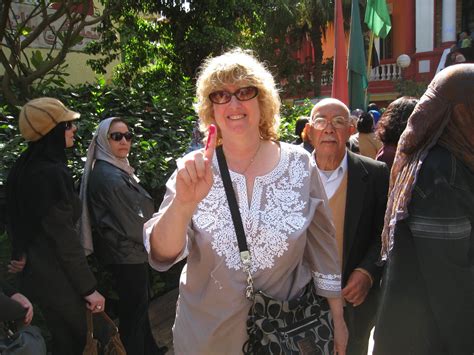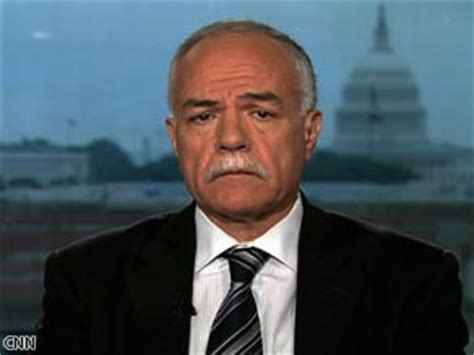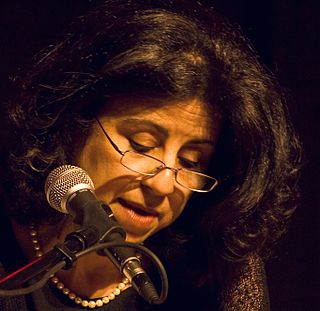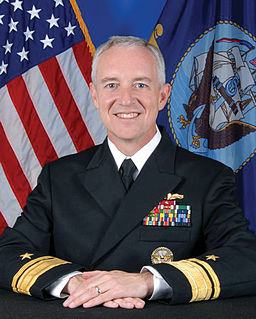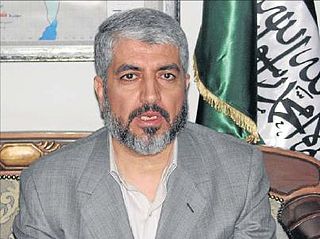A Quote by Mindy Baha El Din
Egypt's priorities in fact are all related to the environment: food, water, health, energy, employment and education. Egypt is facing some very serious environmental challenges. The country has limited natural resources and has to decide how to manage these to meet the needs of a growing population.
Related Quotes
Some global hazards are insidious. They stem from pressure on energy supplies, food, water and other natural resources. And they will be aggravated as the population rises to a projected nine billion by mid-century, and by the effects of climate change. An 'ecological shock' could irreversibly degrade our environment.
All is made clear,regarding Abraham and Sarah's traversal into Egypt, when we realize what biblicists meant by the term "Egypt." As Ralph Ellis so brilliantly points out, the name Egypt was employed by the composers of the Old Testament to denote Thebes in Lower Egypt. This was the city and region controlled by the adversaries of the Hyksos. It was considered a separate region, with different rulers, gods, customs, and politics. So, it was not the country of Egypt that Abraham visited, but Thebes within Egypt.
City farming is not only possible, it is the very definition of the kind of meaningful, sustainable innovation we will need to meet the grand challenges of the 21st century: climate change; population growth; ageing population; urbanization; rising demand for energy, food and water; poverty; and access to healthcare.
If we can successfully lift the stranglehold of bureaucracy and old ways of thinking, we can see some real innovation in biodiversity conservation in Egypt as has occurred elsewhere in the world. It's the government's call. If they continue to put people in high-level positions that have no knowledge, experience or even interest in environment, Egypt will not advance. The country has very good national experts so why not use them?
The good thing about Egypt is, between the two World Wars, Egypt was - had a liberal society. It has a political life. It has parties. It was not - it was dysfunctional in many ways, but it was not a very repressive regime. Egypt, at one time, was the bellwether of the Arab world, was the trendsetter, created great culture, movies, cinema, you name it.
A timely and incisive look into the history, politics, and future of the Muslim Brotherhood by the foremost expert on Islamism in Egypt. Carrie Rosefsky Wickham has constructed a detailed account of how the Brotherhood confronts the challenges before it, and why and when it embraces change. Everyone concerned with the future of Egypt should read this book.
When I went to Egypt right after 9/11 I was very upset. I used to live in Egypt. I had a lot of friends there. I spent two years teaching there. I had very fond feelings for that part of the world, and the fact that a culture I liked so much had attacked my own culture was really very upsetting to me.
Can we disregard the growing phenomenon of "environmental refugees", people who are forced by the degradation of their natural habitat to forsake it - and often their possessions as well - in order to face the dangers and uncertainties of forced displacement? Can we remain impassive in the face of actual and potential conflicts involving access to natural resources? All these are issues with a profound impact on the exercise of human rights, such as the right to life, food, health and development.
Everything we think about regarding sustainability - from energy to agriculture to manufacturing to population - has a water footprint. Almost all of the water on Earth is salt water, and the remaining freshwater supplies are split between agricultural use and human use - as well as maintaining the existing natural environment.
